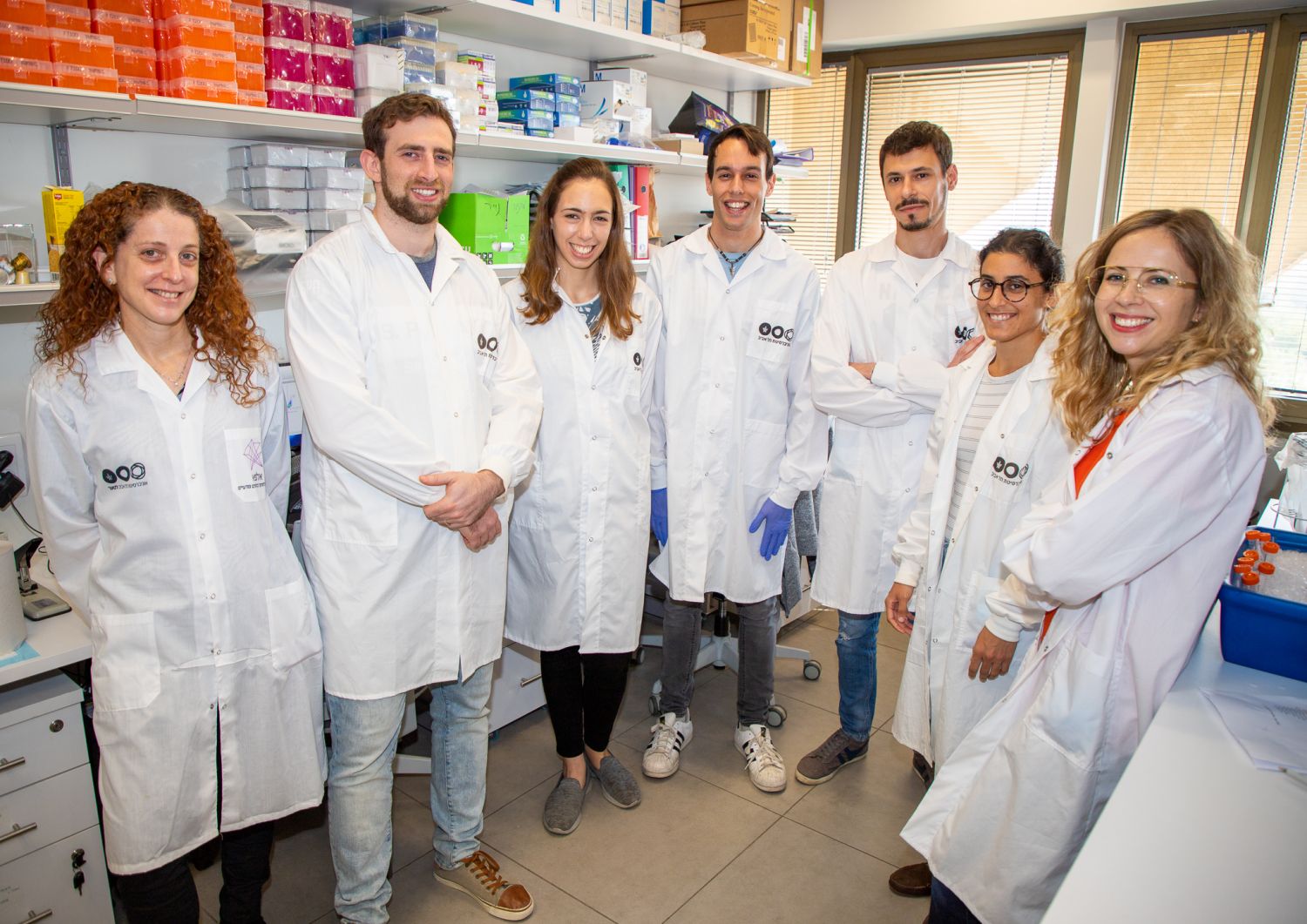Many people know that the first antibiotic, penicillin, was discovered in 1928 by British bacteriologist Prof. Alexander Fleming, when he found near an open window an uncovered Petri dish that had become contaminated with mold and that the bacteria near the mold were dying. He isolated the mold and identified it as Penicillium genus, which he found to be effective against many bacterial infections.
But since then, many bacteria have developed resistance to a long series of new antibiotics, making them less effective or even hardly useful in fighting infectious diseases. This presents new challenges of how to defend the body from microbes in the post-antibiotic era.
Antibiotics are chemical agents designed to block and destroy specific cells such as microbial cells. For the last century, antibiotics have served as the main treatment against germs, being both efficient and cheap.
But since some biological mechanisms are common to both human and microbial cells, the range of antibiotics that can safely be used without harming the patient is limited. For example, cell-wall components of many strains of microbes are common to human cells; therefore, any damage caused to the microbial cell walls can lead to extensive damage to body systems.
Now, in a breakthrough discovery, Tel Aviv University (TAU) researchers have developed a biological replacement for the treatment of tuberculosis (TB), which in the future could serve as an alternative for the traditional “chemical” antibiotic therapy.
This groundbreaking study – carried out in collaboration with two additional laboratories from the US and China – has just been published in the prestigious scientific journal Nature Communications under the title “Human antibodies targeting a Mycobacterium transporter protein mediate protection against tuberculosis.”

Antibodies are proteins that are produced naturally by our immune response following infection or a vaccine. They harbor many advantages such as specificity, stability and safety. For these reasons, antibodies are today in widespread use in the clinic for treatment of cancer, autoimmune diseases and viral infections such as COVID-19.
Dr, Natalia Freund and doctoral candidate Avia Waston at TAU’s Sackler Medical Faculty succeeded in isolating monoclonal antibodies, which ae made by cloning a unique white blood cell. All subsequent antibodies obtained in this way trace back to a unique parent cell.
The monoclonal antibodies were isolated from a patient who had developed active TB but had since recovered. hindered the growth of TB germs in laboratory mice. Their achievement was the first time in history that researchers have managed to develop a “biological antibiotic” and demonstrate that human monoclonal antibodies can act as a substitute for the traditional chemical antibiotics and protect mice from pathogenic bacterial challenge.
“Advances in molecular medicine enable us to develop new tools to rout microbes, which can also solve the problem of drug-resistant germs,” declared Freund, who with her lab team have spent several years searching for a biological substitute for known antibiotics.
The research team chose TB, which is caused by infection of the bacilli mycobacterium tuberculosis, as a test model and were successful in devising an effective treatment on the basis of anti-bacterial antibodies naturally developed during infection. Another reason for the choice of tuberculosis is, that although the vaccine against TB was developed a century ago and is based on the attenuated bacillus bovis (BCG) strain, it is not effective in adults and does not prevent infection.
In addition, in recent years, more and more varieties of disease have developed that are resistant to the only treatment that is currently available – treatment with antibiotics. Since TB germs are very infectious, transferred in the air and detrimental to the lungs, the spread of resistant strains of tuberculosis that modern medicine cannot combat is a real danger. Today, about one-quarter of the world’s population is infected by TB, with the rates of drug-resistant strains peaking to as high as 40% in some countries. In Israel, there are about 200 active tuberculosis cases annually.
“Antibiotics are highly efficacious and cost effective, and therefore for the last years have been our only weapon against bacterial infection,” continued Freund. Because of growing bacterial resistance to existing drugs, doctors have been left empty handed in finding an appropriate treatment for their patients. “Therefore, new ways to kill bacteria are urgently needed. Advances in biological medicine have enabled us to rout the germs in new ways that are not based solely on antibiotics, and therefore allow a solution to the challenge posed by resistant germs. Our study is an initial proof of concept of employing monoclonal antibodies (derived from single cells) as an effective therapy in combating bacterial pathogens,” she stressed.
Due to the size and complexity of the TB bacillus, isolation of monoclonal antibodies to it have been extremely challenging. But now, the researchers in Freund’s lab have managed to pinpoint a phosphate pump protein on the bacillus cell wall that supplies energy to the bacterium and is highly specific and conserved to all TB strains.
The two isolated types of antibodies block the action of the pump, inhibit the bacteria growth and reduced the bacterial levels by 50% in mice as compared with mice that were not treated with antibodies. In addition, these antibodies have been found to be active against three different strains of the TB bacillus. Since the antibodies are directed against the phosphorus pump – which is common to all strains of this bacillus – it is expected that the vaccine will be effective against many other strains that were not investigated, including those that are resistant to antibiotics.
Freund’s team are now investigating the possibility of extending the “biological” substitute for antibiotics to include other diseases. “The model that has proven successful in this study will enable us to extend our future work to include other diseases such as pneumonia and staphylococcus infections,” she concluded.
The shortcode is missing a valid Donation Form ID attribute.



